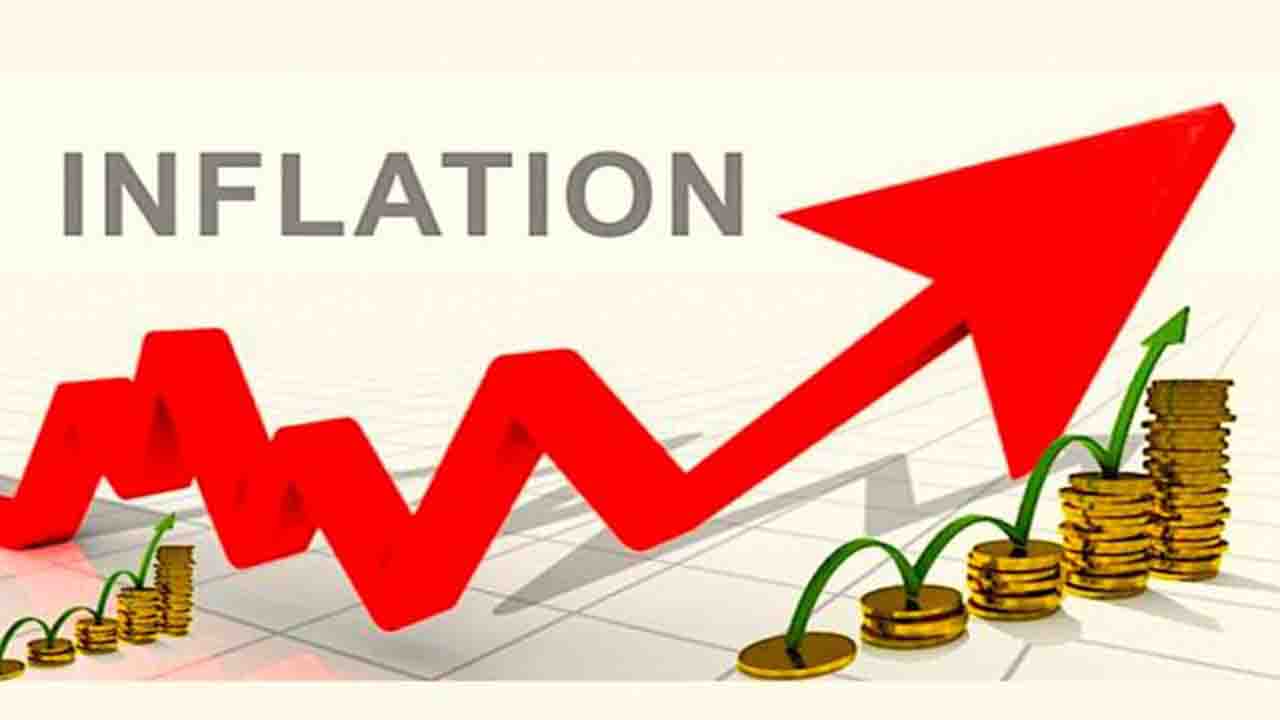Africa (Commonwealth Union) _ The Consumer Price Index (CPI), a gauge of price changes for goods and services, has surged to 24.08 percent in July 2023, marking a continuous increase for the seventh consecutive month this year, up from the previous month’s 22.79 percent. This figure represents the highest inflation rate in over a decade, with the last comparable rate recorded in September 2005 at 24.3 percent.
The National Bureau of Statistics (NBS) of Nigeria released its CPI report for July 2023, revealing this alarming inflationary trend. The month-on-month analysis indicates a 1.29 percent point rise in the headline inflation rate from June 2023, and a significant year-on-year increase of 4.44 percent points compared to July 2022.
The NBS disclosed that on a monthly basis, the headline inflation rate for July 2023 reached 2.89 percent, which is 0.76 percent higher than that of June (2.13 percent). This implies an overall price increase of 0.76 percent on average in July 2023 compared to the previous month.
Food inflation also experienced a substantial rise, reaching 26.98 percent on a year-on-year basis in July 2023, representing a 4.97 percent point increase from the same month in the previous year. The report attributes this surge to elevated prices of items like oil, fat, bread, cereals, fish, potatoes, yams, fruits, meat, vegetables, milk, cheese, and eggs.
While the CPI figures demonstrate variations across states and regions due to diverse consumption habits, the report highlights that Lagos, Ondo, and Bayelsa residents faced higher food prices in July. Kogi, Lagos, and Bayelsa recorded the highest year-on-year food inflation rates, whereas Jigawa, Sokoto, and Kebbi reported the slowest rises. On a monthly basis, Kogi, Akwa Ibom, and Bayelsa saw the highest food inflation rates, while Taraba, Jigawa, and Yobe experienced the slowest increases.
The mounting inflation in Nigeria poses significant economic challenges, affecting consumer purchasing power and overall market stability. This inflationary trend highlights the need for effective measures to control rising prices and ensure economic stability in the country.








